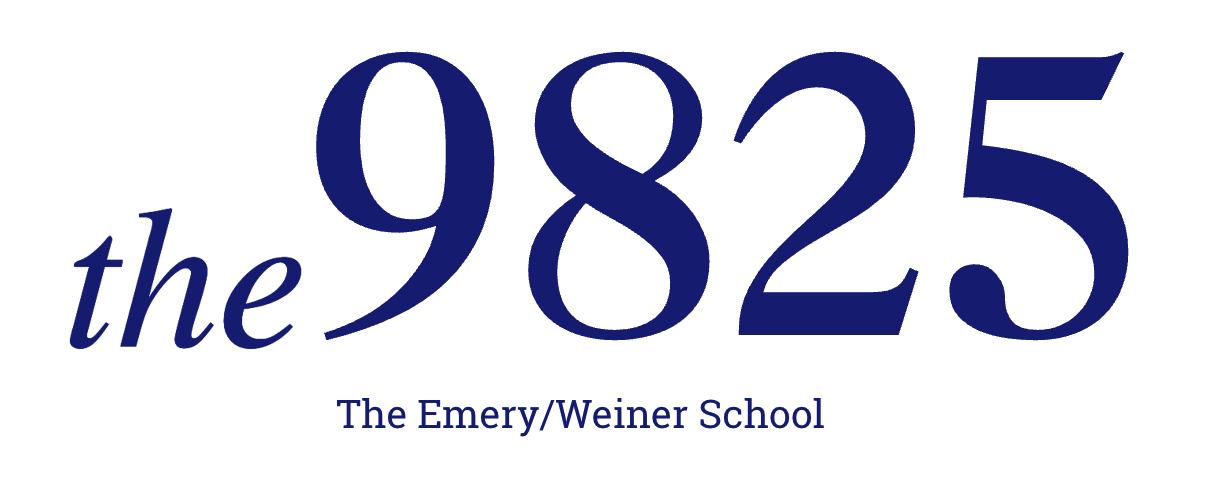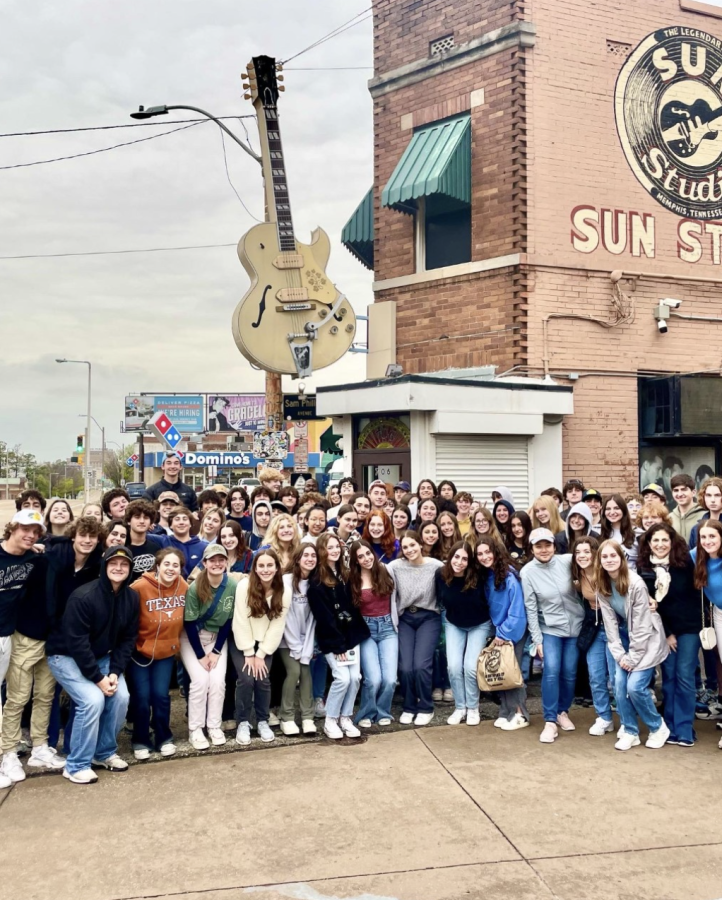A Deeper South: An Exploration Into Emery/Weiner Experiential Education
April 24, 2023
On Emery spring trips, students wander through the bustling streets of Los Angeles, travel through the rural deep south, or explore pockets you have never seen before in your hometown of Houston. Throughout these trips students eat delicious food, see incredible sights, and share lots of laughs shared between students and their friends. However, the true purpose of these trips is to educate students about real-world matters and engage in important social discussions. On the eleventh-grade trip, for example, the students spend a week traveling through the deep south, learning about the Civil Rights Movement.
This deep south trip includes stops in Georgia, Alabama, Tennessee, and Arkansas. At each location, the students attend museums and memorials that educate them on the history, causes, effects, and impacts of the Civil Rights Movement. This year, juniors met with former leaders and participants in the Civil Rights Movement to hear their stories. They also visited historical sites such as Little Rock High School and the Lorraine Motel, to see the locations of pivotal moments in American history.
The deep south trip that the Emery/Weiner eleventh graders embarked on this year was not always a trip for the juniors, before Covid-19, the freshmen went on this trip instead the juniors. The decision to start having the eleventh-graders go on the deep south trip instead of the ninth-graders was undoubtedly the right call.
There were multiple reasons for this major switch in the experiential education curriculum at Emery. One reason for this change is that the eleventh graders take United States history, so the Civil Rights Movement is a part of their curriculum throughout the year. Therefore, what they learn in the classroom provides them with the necessary background and knowledge to attend the different sites and museums associated with the movement.
Because one of the primary purposes of these trips is to expand the education that students receive in the classroom, this trip seamlessly fits into the eleventh-grade history curriculum and gives them further insight into this topic, which they learn about throughout the year. juniors who went on the trip this spring often found themselves reading the information in an exhibit while on the trip, turning to their classmates, and exclaiming, “We just learned about this in history class!”
Another important reason for this change was the fact that there are many distressing topics discussed throughout the trip, such as slavery and lynching. Ninth-grade students do not lack maturity, but simply because the eleventh-graders are older, they can process these subjects in a more meaningful way.
Education is an ever-changing process where educators are learning what works best for their students. The Emery/Weiner administration made this change in hopes of making the experiential learning at Emery as meaningful as possible. Their decision paid off as the juniors learned, reflected, and had fun throughout one jam-packed week in the deep south.

